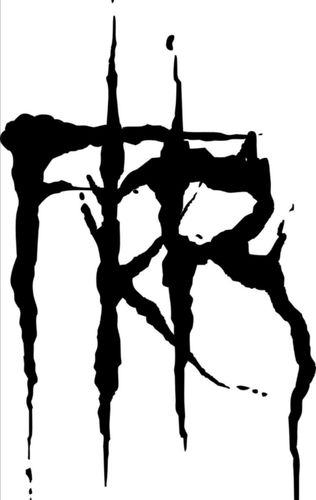Today I came across a tweet mentioning the OSR and FKR. I had not heard of the FKR, so I had to ask what it was.
https://twitter.com/Allandaros/status/1444316497606754307
The first article I read was on Board Game Geek titled: Ancient Roleplaying, or Free Kriegsspiel Revolution (FKR): What The Heck Is That? by Jim Parkin. It is a slightly more detailed version of the post from his blog, d66 Classless Kobolds, Free Kriegsspiel: Worlds, Not Rules, Etc.
The original Kriegsspiel rules were too cumbersome, so Free Kriegsspiel arose that relied more on the expertise of the referee than the rigid adherence to the rules of the game. This allowed for the more chaotic occurrences of battle that a specific rule could not adequately convey. Rather than a rule for everything, only things that needed resolution by random chance, such as combat involved rolls.
The main points of FKR are:
- Numbers don’t add up to a game.
- If the fiction fits, try it.
- You play worlds, not rules.
The gist of it is the ultimate in rules light. The character sheet does not limit what a character can do. It seems the joining of story games with other RPGs. It is much simpler than FUDGE/FATE. Some of the games have lots of tables to help set the stage for character creation and adventures.
The biggest challenge to running an FKR game is that it requires trust between GM and players. An experienced GM in other RPGs who is accustomed to the rulings not rules style of play will be more apt to run a game of this style in a way that results in fun for the players.
Any Planet Is Earth [Affiliate Link] is a Science Fiction FKR RPG by Jim Parkin of d66 Classless Kobolds. It is laid out like Maze Rats [Affiliate Link] by Ben Milton, but is very simple. The rules are a seven page PDF and a single page walkthrough of generating a sample character.
I’m not clear on who started FKR, but it appears that Norbert Matausch of the Darkworm Colt blog is very active. [EDIT: Norbert Matausch messaged me and he and Wizard Lizard started the FKR.] He has a free Kriegsspiel game called Landshut. On bottom of the Landshut page are links to his blog of articles for various RPGs that have had the FKR mod applied. His article Back to Really Simple Roleplaying that lays out the basic concepts of FKR.
Norbert Matausch may also be is the one who created the FKR logo, but my google-fu has not yielded who is the creator of the following image. If you know, please let me know, so I can give credit to the artist. [EDIT: Again, in the message I received from Norbert Matausch, he is the creator of this logo. It is free to use for FKR projects.]

Ben Milton did a nice overview of the FKR on his Questing Beast YouTube channel with Does D&D Need Rules?
Ben Milton also has a good overview of FKR on Reddit, A brief introduction to the emerging FKR (Free Kriegsspiel Revolution) style of RPG play, for those curious.
There is a Discord server for FKR with an open invite.
CONCLUSION:
Read the articles mentioned above and the articles they link to before making a decision based on my oversimplified overview. They explain the concept much better than I could. Look at one of the games, and you will see the rules light influence.
The idea is that anything one can do in the world, one can do in the game world. Build a huge multi-national business, just follow how it’s been done in the real world. Start a revolution, look at historical revolutions. It puts more weight on the players to figure out how they want to do something complicated and large scale. Whereas something smaller and every day should just be a matter of communicating with the GM how it is planned to be accomplished. Dice are only rolled if the outcome is in doubt.
Power comes from amassing items, wealth, information, and followers. Just like in our world. There are no levels to artificially empower someone.
This could easily fit any genre. Any dice can be used, 2d6, 2d10, d20, d100, etc.
The use of tables to create characters, build worlds, and initiate and run scenarios means that tables from all manner of RPGs can be used. Or one can develop their own tables.
For those who prefer to build their own worlds and spend more time playing than prepping, this is an attractive option. This is something that I am interested to try. It seems to hit that simplicity that I’m looking for with the flexibility to do multiple genres. Now to make the time and find a group to try this, once I develop my own rules framework. . . .
